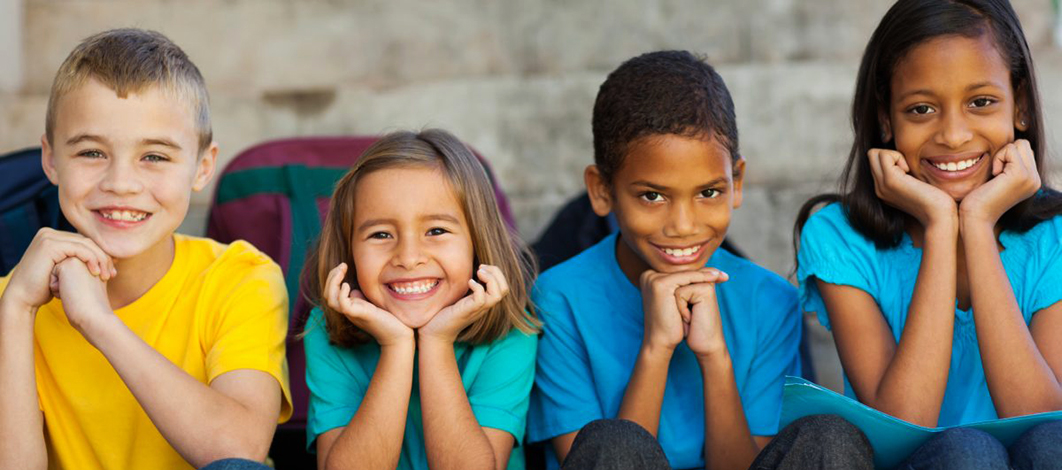
Our Stories
Every week The Katina Woodruff Children’s Foundation sees remarkable and swift results in children and their families’ lives. Here are some examples of how the Foundation has made a difference to the lives of children.
Seven Year old Girl from Indonesia
Recent success stories include that of a 7-year-old girl from Indonesia who was so affected by her cultural dislocation that she had developed the medical disorder “Selective Mutism.” When Katina met this girl she had already lived in Australia for three years, spoke fluent English and Indonesian at home, yet had not spoken outside of home this whole time. She had spent these years in intensive speech pathology and psychology to no avail and to her family’s emotional and financial distress.
Katina designed special play sessions for this child and in her first session she spoke on school grounds for the first time. After the second session she was able to extend this confidence to the classroom and started to speak freely to her teacher and peers. By her third play session the child invited her new best friends to join her and Katina in speaking and playing together. Through connecting and addressing the cultural cause of this emotional burden, Katina’s approach gave this child the freedom to again be the delightfully social, laughing and talkative little girl she previously was in Indonesia.
Six Year old Boy from Burundi
Katina’s work with a 6-year-old refugee boy from a remote village in Burundi enhanced his sense of peace and restored his freedom from undue burdens he had felt the need to carry.
The child arrived in Australia with his baby brother and single mother, who was very traumatised by harrowing experiences in her home country furthered by the cultural shock of moving to a developed country. This trauma rendered her unable to fully function and after school her young son would compensate for his mother’s listlessness by helping with housework, making dinner and caring for his brother. His take-charge attitude developed at home transferred over to his school interactions, where he started to forcefully direct orders towards school staff, feeling the need to dictate their decisions and actions. This was interpreted by the school as rudeness and misbehaviour, and was being treated as such.
At this point Katina entered the equation by working alongside the boy and his teachers at school and with his family in their home. Prior to interacting with Katina, the mother had been reported as being verbally and emotionally unresponsive towards practitioners from other modalities. However she invited Katina into her home to work with her family on a regular basis. In these home Anthropology of Play sessions, as well as addressing her son’s understanding of school cultural norms in Australia, Katina empowered the mother through providing friendship, community connections, and inviting her firstly to participate in, then to help lead the play sessions.
Restoring the mother’s confidence, wellbeing and emotional connection with her children resulted in her increased ability to once again trust outsiders, settle into Australian society and blossom into the warm and capable mother she naturally was. Her children benefited indescribably from having their mother emotionally present once more. Her son relaxed in the knowledge that adults in his life would now be able to take care of him, and hence ceased his verbally aggressive behaviour towards school staff. This enabled him to learn about Australian culture more efficiently and to truly settle into his new country. He is now a peaceful and happy child who identifies himself as a proud owner of two cultures.
